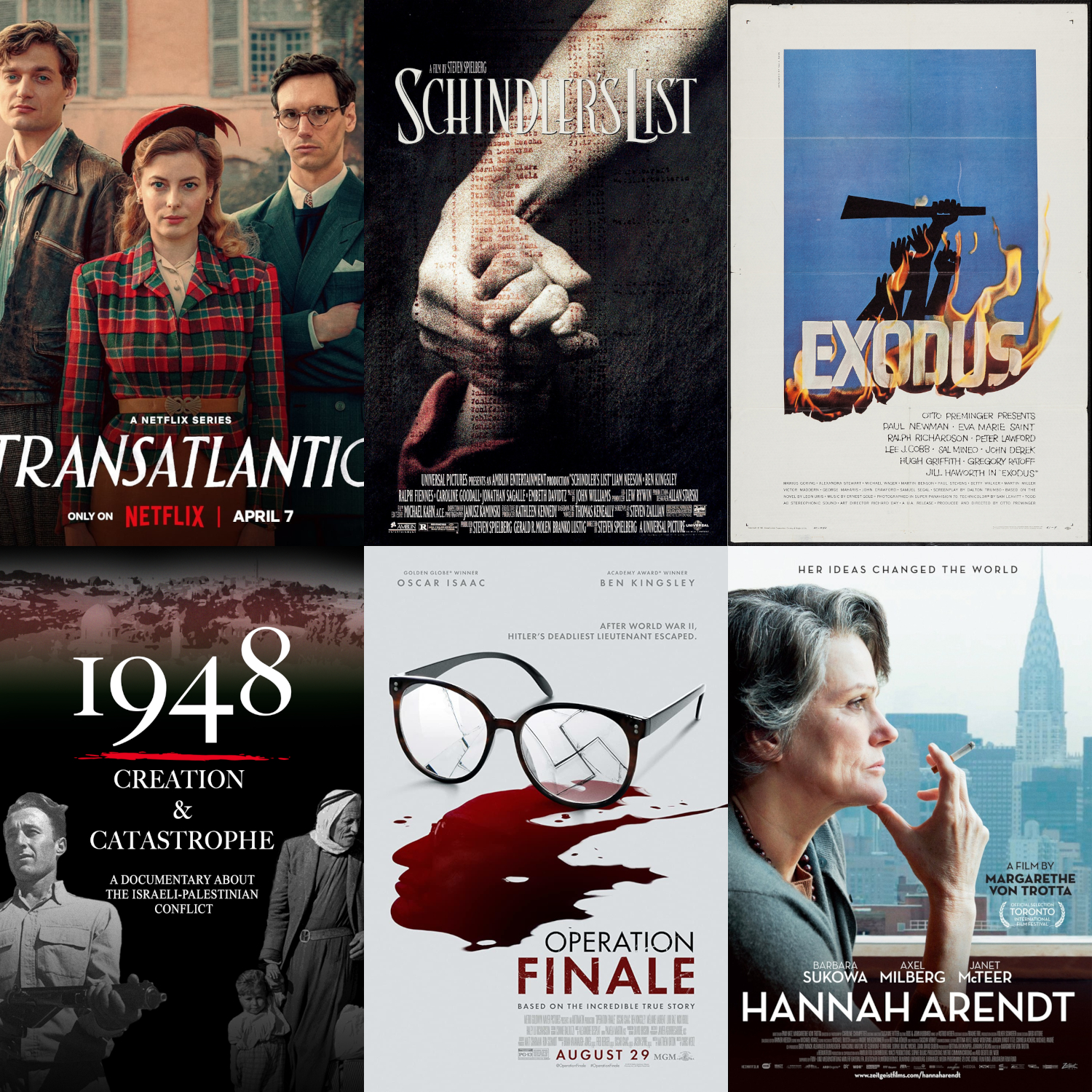
On The Banality of Evil: a Cinematic Story
Watching a movie or reading a book can elicit a unique feeling of recognition when you identify a connection between the ideas, characters, or historical narrative presented and something that you have encountered before. In these moments, the facts and events presented in the story are imbued with a newfound sense of volume and depth, and the ability to hold multiple perspectives simultaneously adds dimension to your understanding and perception of the narrative. In this first installment of what I hope will become a series, I would like to introduce the concept of a cinematic story. A series of films spanning time, style, genre, and viewpoints that come together to create a rich and multifaceted narrative arc. All of these films explore so much more than just the one thread that unites them, allowing you to build a wide context surrounding the main theme.
This is the first cinematic story that I want to describe here, exploring the persecution of the Jewish people in the 20th century, the geopolitical aftermath of the events, and the effect it had on philosophical views around the world. I will provide minimal-to-no descriptions of the events in the movies to preserve your sense of discovery as you progress through the collection. With each subsequent movie, a new chapter of history is revealed. To avoid spoilers, my recommendation is to read this post one paragraph at a time, watch the movie as soon as you reach the poster art, and then move to the next paragraph.
Start with “Transatlantic” (2023)
We begin in 1940 with a short series “Transatlantic” (2023) that follows the efforts of the Emergency Rescue Committee, a small operation formed in New York to try and help people seeking to flee the Nazis that operated in Marseilles, Spain and Portugal. This series includes or refers to well-known artists or scholars of the time who were saved by the Committee or interacted with it, including Hannah Arendt, Walter Benjamin, Marc Chagall and others.
The full scale of The Final Solution is not yet known to the world. While some understand that one cannot remain in Europe, others are still in a state of disbelief, harbouring a “this cannot go on for much longer” attitude. As the rumours of what is being done to those who are captured spread, the mood changes.
Then, the “Schindler’s List” (1993)
Continuing from the events of “Transatlantic,” we know that while some were lucky to escape, an infinite number of people did not. Steven Spielberg’s “Schindler’s List” (1993) depicts their fate. It is a hard movie to watch but also an important one.
An optional detour “The Band of Brothers” (2001)
While not a strictly necessary item for the arc, the 2001 mini-series “The Band of Brothers” is a masterpiece in its own right, and adds the battlefield perspective to this story. It starts a bit later in the war, and follows a battalion from the US Army Airborne Division through the events of the World War II.
With an IMDB rating of 9.4 it is an important cinematic event, and the 9th episode “Why we fight” connects it with the story that we are exploring here.
Now explore “Exodus” (1960) and “1948: Creation & Catastrophe” (2017)
In the final scenes of “Schindler’s List,” we can feel the enormous chasm left by the tragedy. And while the war is over, the survivors are liberated, and their freedom is restored, the question of “where should we go” hangs in the air.
The answer to this was given by an unprecedented historic event in 1948 – the creation of the State of Israel on the territory of Palestine. Both unique and controversial, the consequences of this geopolitical move still have a major effect on the world we live in today.
Surprisingly, there are very few movies that tell this unique story. Given the conflict it is rooted in, each presents the story with its own ideological bias. The two movies that I’ve found interesting to see in this context are the 1960 film “Exodus” and the “1948: Creation & Catastrophe” (2017).
I will let you draw your own conclusions.
Fast-forward 12 years to “Operation Finale” (2018)
In the aftermath of World War II, the most important surviving leaders of Nazi Germany in the political, military, and economic spheres were tried at the Nuremberg trials. However, many, including the chief architect of The Final Solution, Adolf Eichmann, fled and went into hiding. The 2018 movie “Operation Finale” tells the story of the Israeli attempt to bring Eichmann to face justice.
End on a philosophical note with “Hannah Arendt” (2012)
The trial of Adolf Eichmann is just one aspect of Arendt’s life. In this movie, we get to see her personal journey, thoughts, and ideas, and how her experiences and those of the people around her have shaped Arendt’s views and philosophy.
Final thoughts
I hope that your journey has been illuminating, enabling you to add new facets to the story or construct a rich picture of the events surrounding the persecution of the Jewish people during the 20th century. In the comments, I would love to hear about your experience, including whether you had the satisfaction of cross-referencing various sources to create a comprehensive global view, and, of course, your suggestions on how this cinematic story can be further expanded.
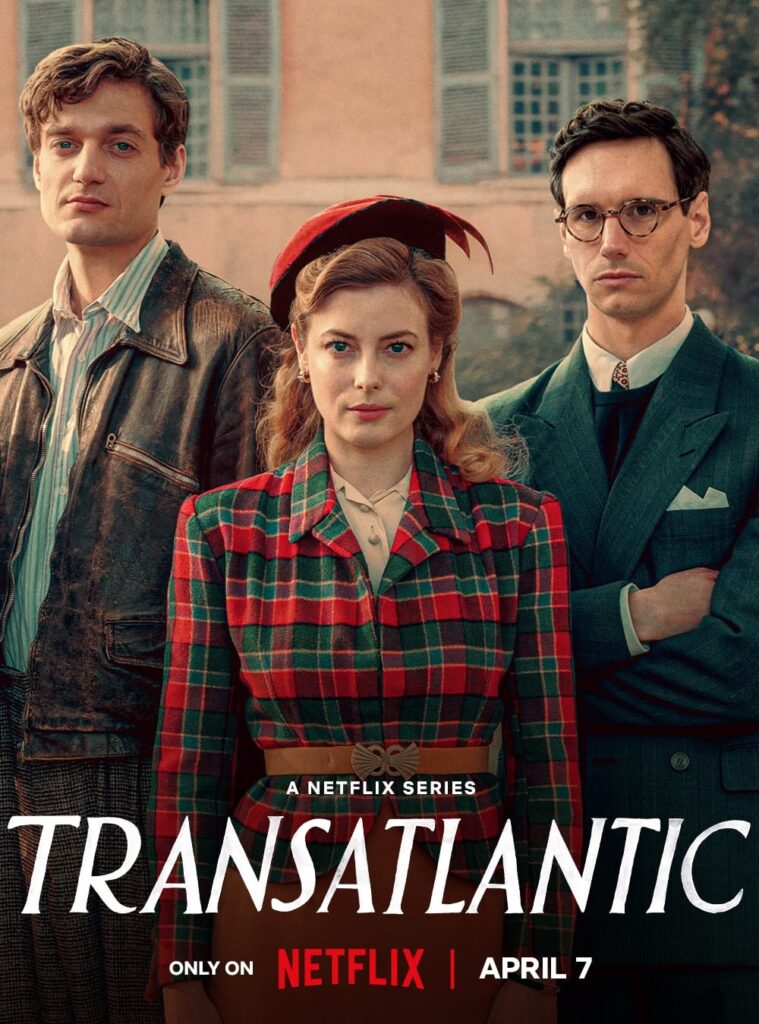
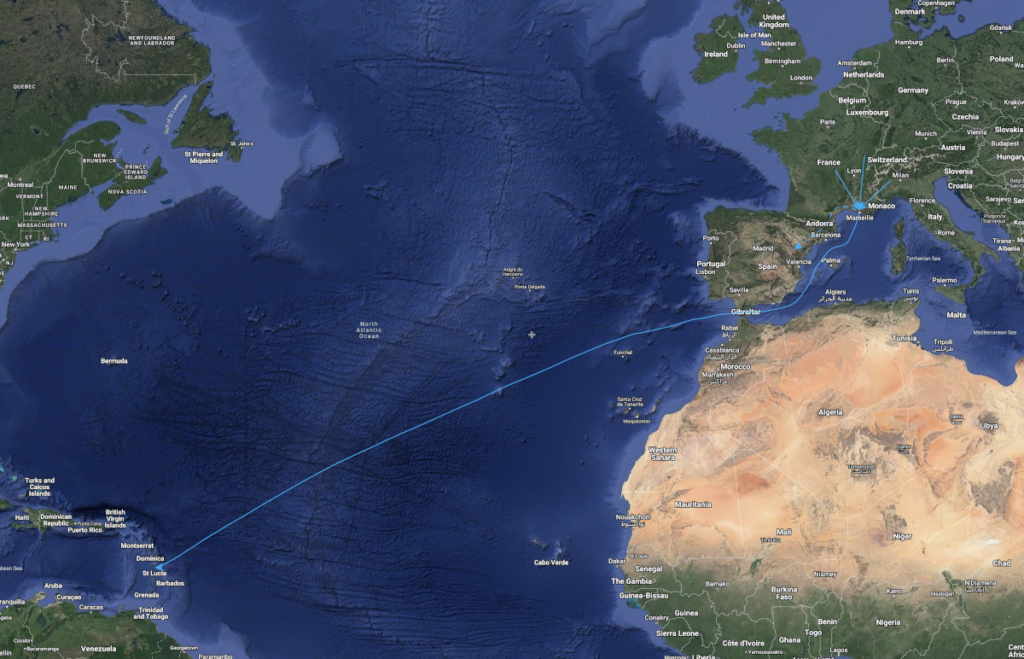
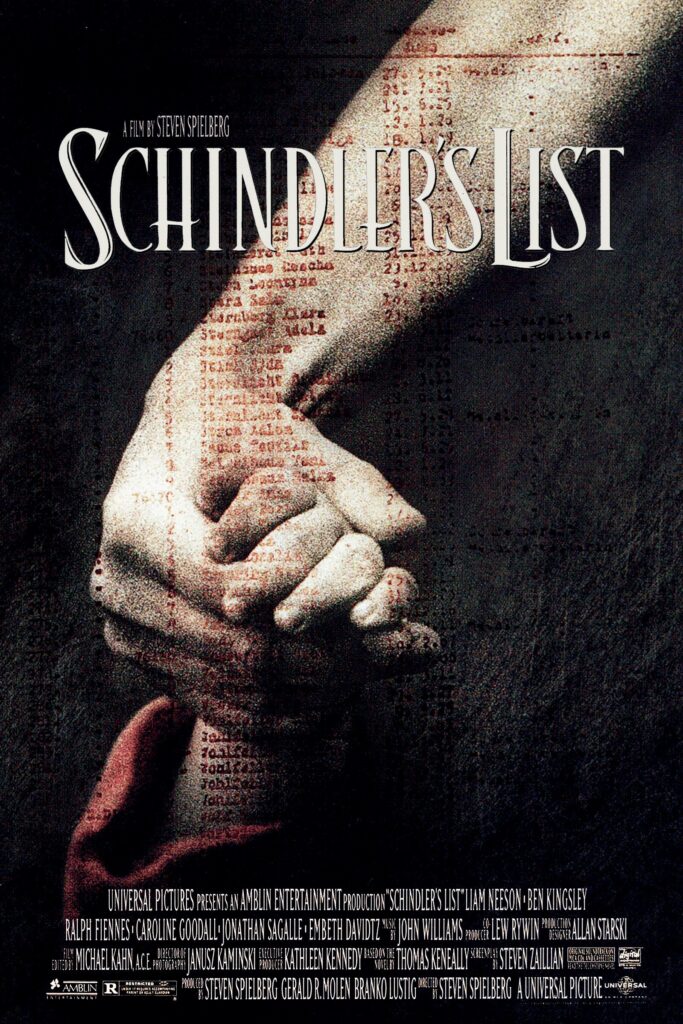
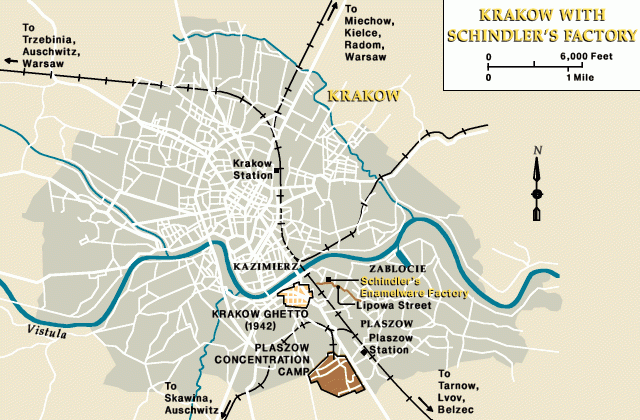
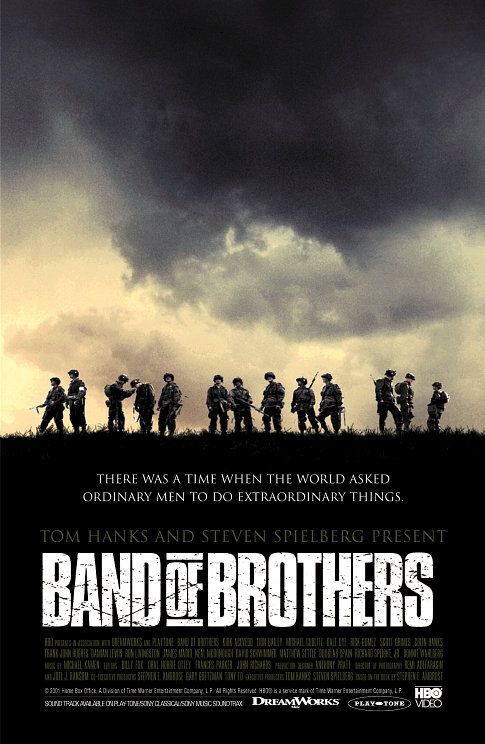
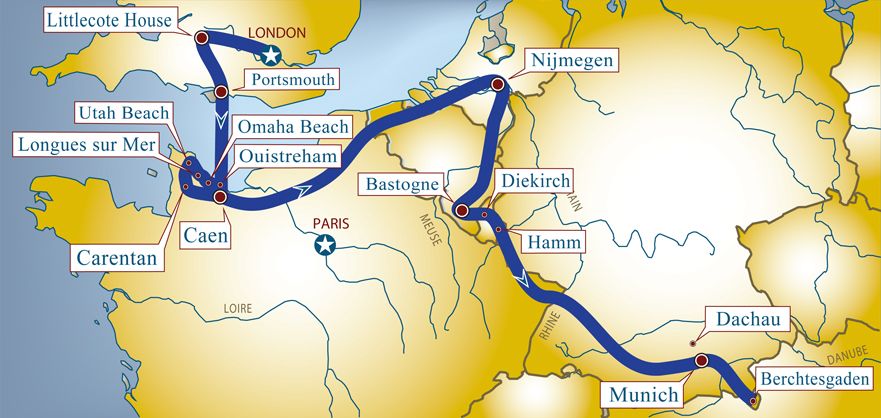
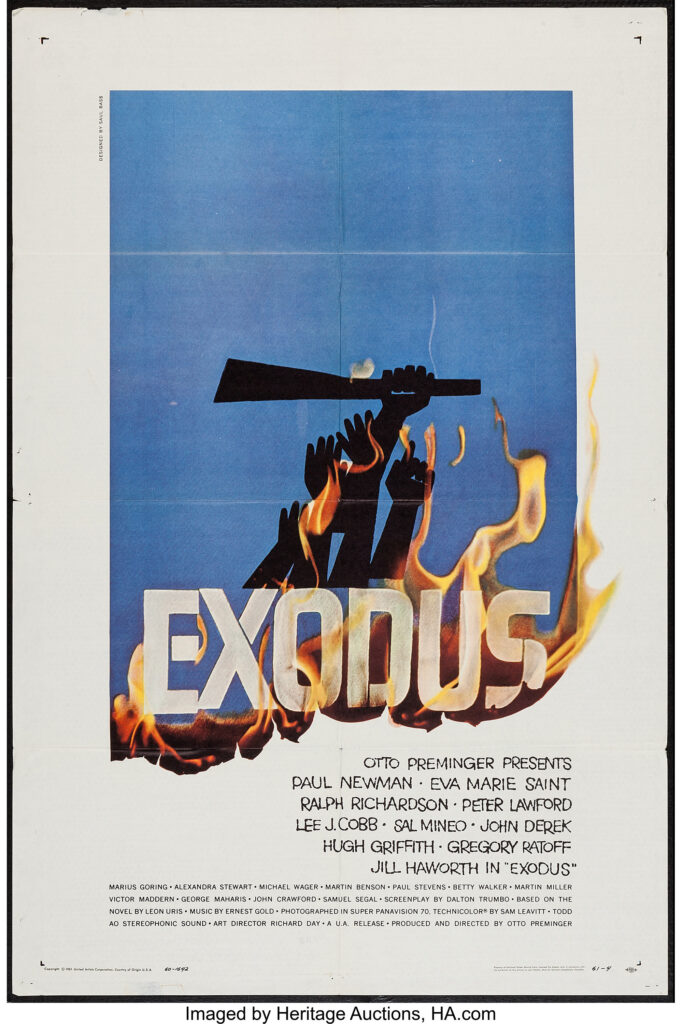

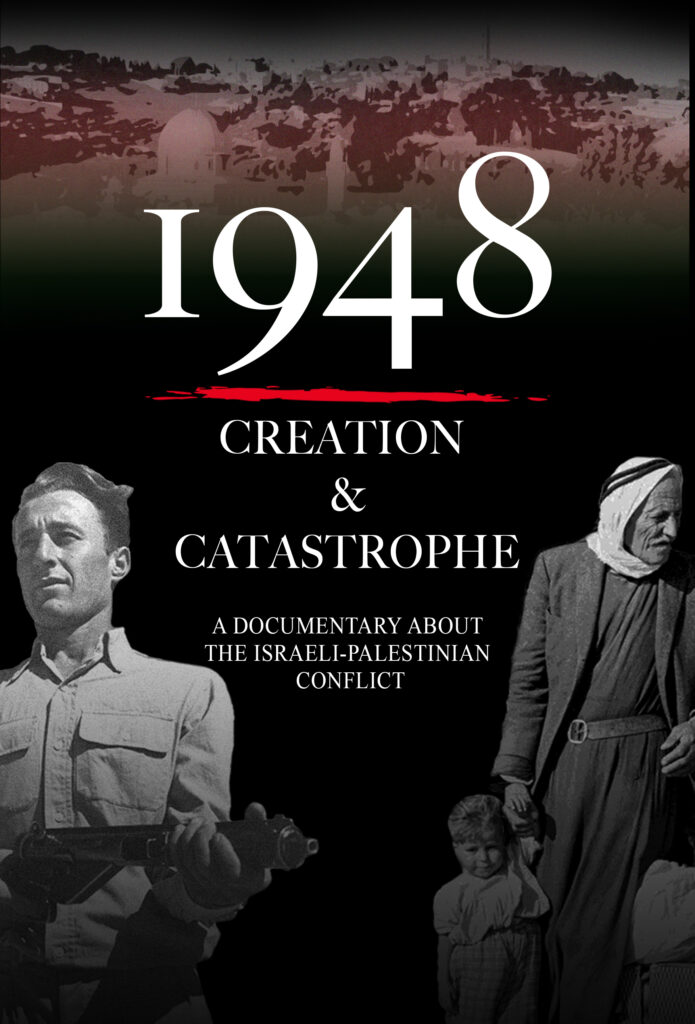
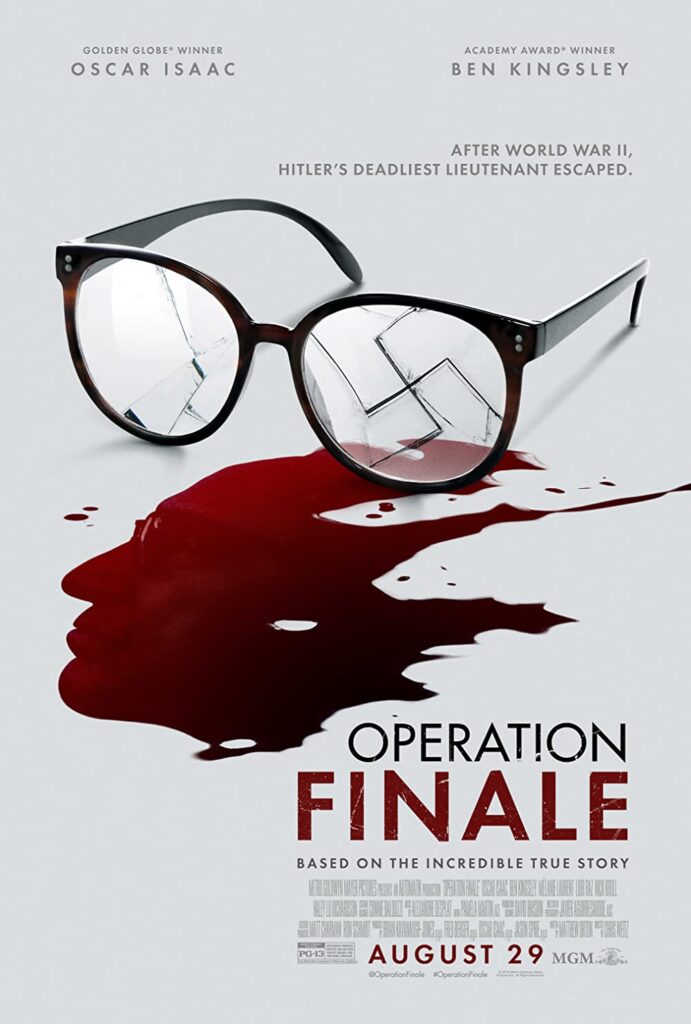
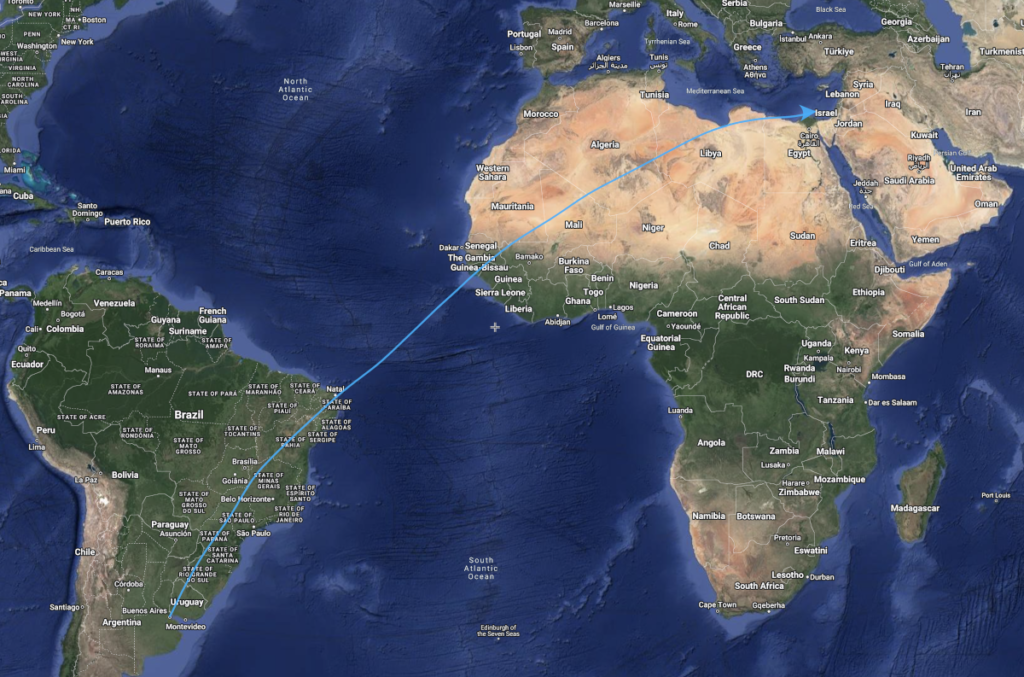
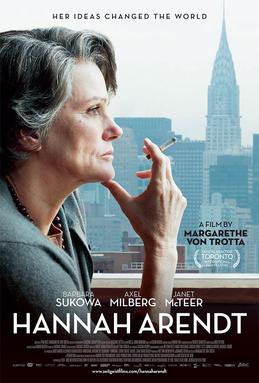
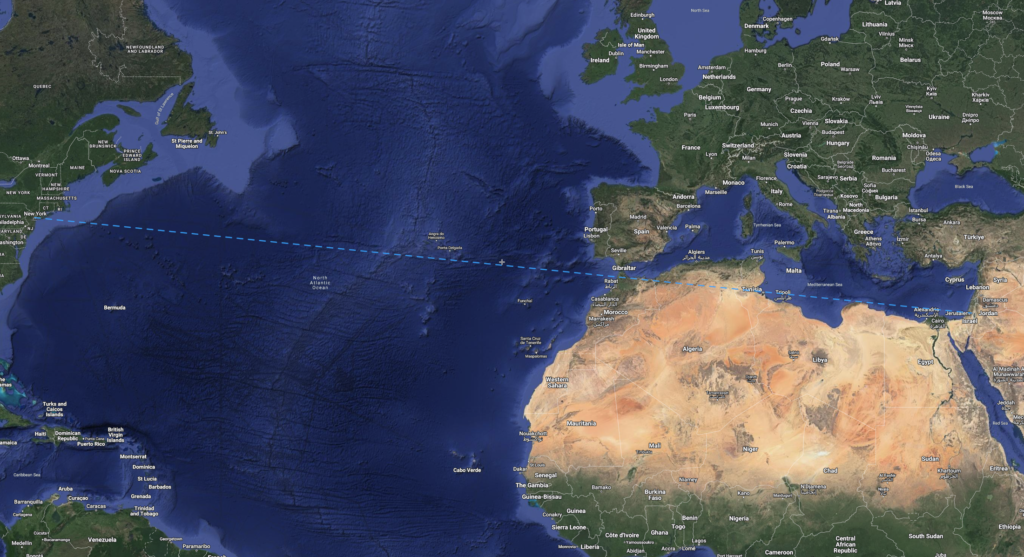
This curated film collection offers a powerful, chronological look at the Holocaust and its aftermath. The thoughtful sequencing and minimal descriptions allow for a deeply personal discovery of history through cinema, making it both moving and thought-provoking. Highly recommended for anyone seeking a deeper understanding.
This curated journey through cinematic history is profoundly moving. The chronological approach, from the desperate efforts in *Transatlantic* to the aftermath of *Schindler’s List* and the complex creation of Israel in *Exodus*, creates an undeniable emotional and intellectual pull. The inclusion of *Band of Brothers* adds a valuable battlefield dimension, while *Operation Finale* and the final exploration of Hannah Arendt’s perspective tie together the moral and philosophical threads of the era. The emphasis on personal stories—Arendt, Schindler’s Jews, Eichmann’s capture—makes the historical horror feel less abstract. While the mention of biases in films about Israel is a necessary caution, the overall structure encourages a deeper, more empathetic understanding of this pivotal century. It’s an inspiring way to connect with history.